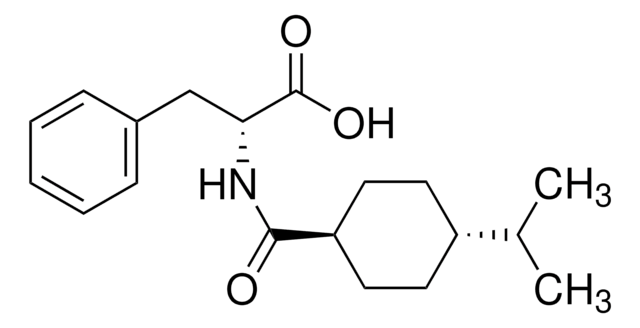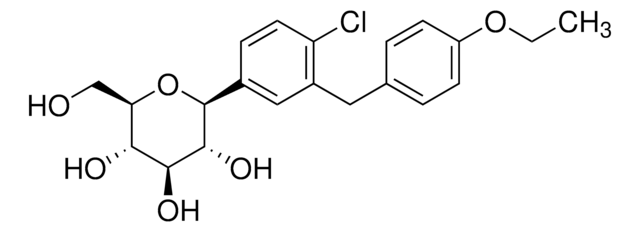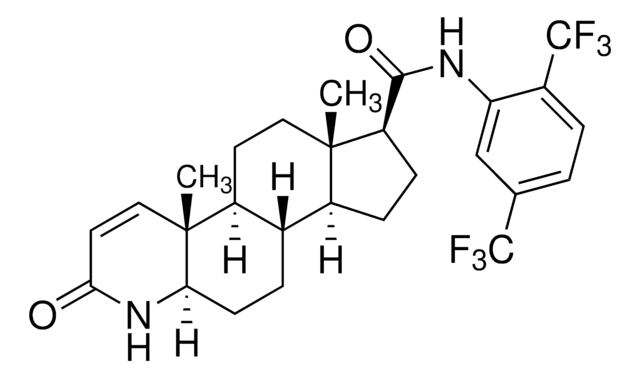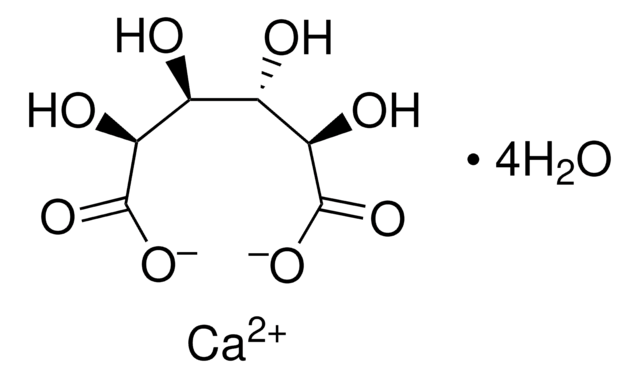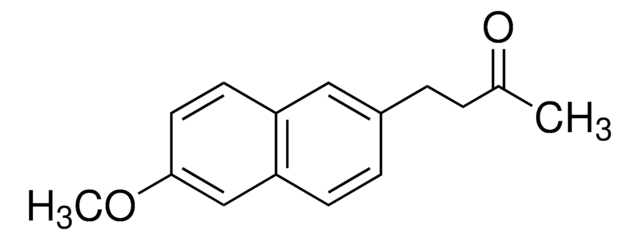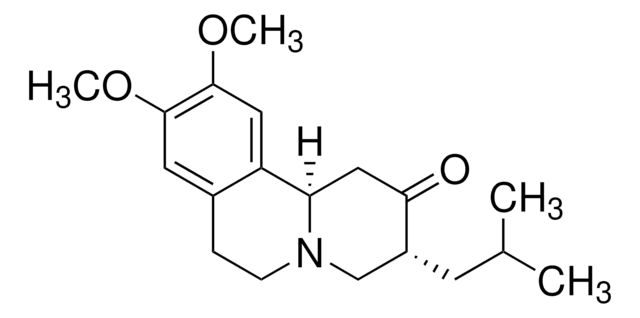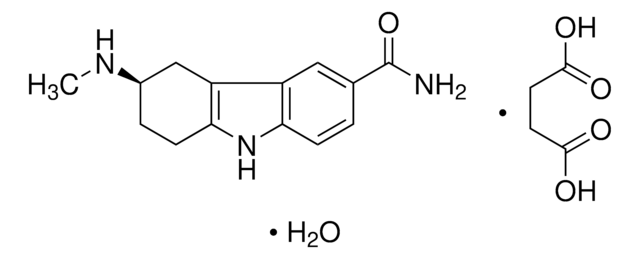N3538
Nateglinide
≥98% (HPLC), solid
Synonym(s):
Fastic, N-[(trans-4-Isopropylcyclohexyl)carbonyl]-D-phenylalanine, Starlix, Starsis
About This Item
Recommended Products
Assay
≥98% (HPLC)
form
solid
color
white to off-white
solubility
DMSO: >5 mg/mL
H2O: insoluble
originator
Novartis
storage temp.
room temp
SMILES string
CC(C)[C@@H]1CC[C@H](CC1)C(=O)N[C@H](Cc2ccccc2)C(O)=O
InChI
1S/C19H27NO3/c1-13(2)15-8-10-16(11-9-15)18(21)20-17(19(22)23)12-14-6-4-3-5-7-14/h3-7,13,15-17H,8-12H2,1-2H3,(H,20,21)(H,22,23)/t15-,16-,17-/m1/s1
InChI key
OELFLUMRDSZNSF-BRWVUGGUSA-N
Gene Information
human ... ABCC8(6833) , KCNJ11(3767)
Looking for similar products? Visit Product Comparison Guide
Biochem/physiol Actions
Features and Benefits
Storage Class Code
11 - Combustible Solids
WGK
WGK 3
Flash Point(F)
Not applicable
Flash Point(C)
Not applicable
Personal Protective Equipment
Certificates of Analysis (COA)
Search for Certificates of Analysis (COA) by entering the products Lot/Batch Number. Lot and Batch Numbers can be found on a product’s label following the words ‘Lot’ or ‘Batch’.
Already Own This Product?
Find documentation for the products that you have recently purchased in the Document Library.
Articles
We offer many products related to potassium channels for your research needs.
Glucose metabolism is regulated by the opposing actions of insulin and glucagon. Insulin is released from pancreatic ß cells in response to high blood glucose levels and regulates glucose metabolism through its actions on muscle, liver, and adipose tissue.
Our team of scientists has experience in all areas of research including Life Science, Material Science, Chemical Synthesis, Chromatography, Analytical and many others.
Contact Technical Service